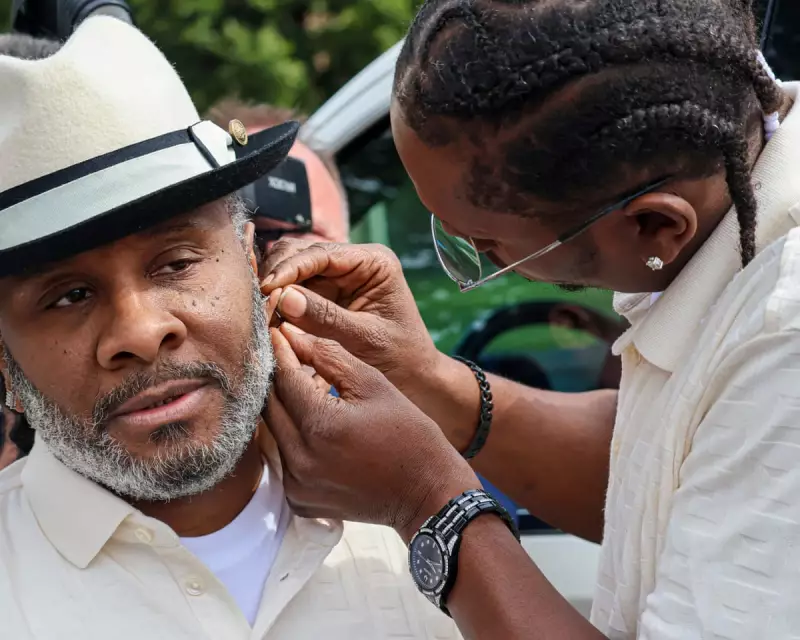
In a stunning reversal that exposes deep flaws within the American justice system, Bryan Hooper has been released from a Minnesota prison after serving 25 years for a murder he did not commit.
The 52-year-old walked free from Stillwater prison on Wednesday, his wrongful conviction finally overturned by a judge who acknowledged "profound and catastrophic" errors in the original 2000 trial.
A Quarter-Century Lost
Mr Hooper was originally convicted for the 1999 fatal shooting of 29-year-old Brian Wells during a Minneapolis drug deal. The case against him relied almost entirely on the testimony of a single eyewitness – a woman who later recanted her statement, revealing she had been pressured by police.
"I was terrified and told them what they wanted to hear," the witness stated in a recent affidavit. "The police made it clear they wouldn't stop until I gave them Bryan."
Systemic Failures Exposed
The Minnesota Innocence Project, which took up Hooper's case in 2018, uncovered alarming evidence that had been suppressed at trial:
- Multiple alibi witnesses placing Hooper elsewhere at the time of the shooting
- Forensic evidence contradicting the prosecution's theory
- Complete absence of physical evidence linking Hooper to the crime
- Evidence pointing to an alternative suspect that was never investigated
Judge Karen McDaniel, in her ruling, noted that "the complete lack of corroborating evidence makes the conviction fundamentally unsafe" and that "the justice system failed in its most basic duty."
Starting Over at 52
Hooper's release comes under Minnesota's revised compensation laws for wrongful convictions, which entitle him to approximately $1.3 million in compensation and extensive support services.
Speaking through his attorneys, Hooper expressed both relief and determination: "While I can never get those 25 years back, I look forward to rebuilding my life and advocating for others who remain wrongfully imprisoned."
The case has sparked fresh calls for justice reform in Minnesota, particularly regarding eyewitness identification procedures and police interrogation methods that can lead to miscarriages of justice.





